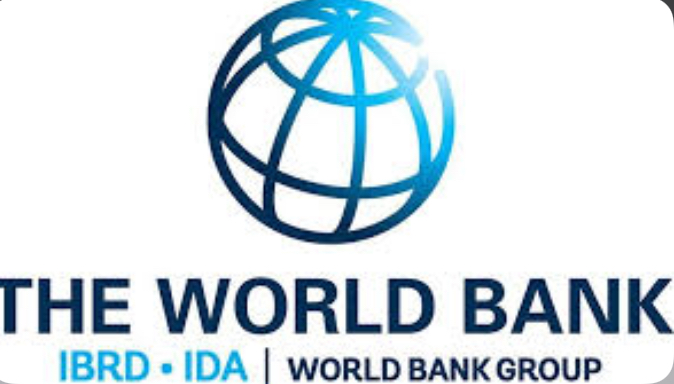The World Bank has long been regarded as a beacon of hope for struggling nations seeking to lift themselves out of poverty and build a better future for their citizens. However, in Nigeria and throughout Africa, the Bank’s policies have done more harm than good.
According to the World Bank’s own data, poverty in Nigeria has remained stubbornly high, with nearly half of the population living in extreme poverty. Despite receiving billions of dollars in loans and aid from the World Bank over the past few decades, Nigeria’s economy remains heavily dependent on oil exports, which have been subject to significant volatility and price fluctuations. This has led to a situation where Nigeria’s economic growth has been unstable, with growth rates often failing to keep pace with population growth.
Similar patterns can be observed throughout Africa, where poverty remains endemic despite the World Bank’s long history of involvement in the region. In fact, the World Bank has been criticized for perpetuating the very conditions that have contributed to poverty and inequality in Africa, such as encouraging extractive industries that have damaged the environment and displaced local communities.
One of the primary issues with the World Bank’s approach to development in Nigeria and Africa is its narrow focus on economic growth. The Bank has long encouraged countries to pursue policies that prioritize attracting foreign investment, promoting exports, and reducing government spending, without considering the social and environmental costs of these policies. This approach has often led to an overreliance on volatile commodity prices, environmental degradation, and a widening gap between the rich and poor.
Furthermore, the World Bank has failed to address the root causes of poverty in Nigeria and Africa, including corruption, weak governance, and unequal distribution of resources. Instead, the Bank has often promoted privatization, liberalization, and deregulation, which have led to the transfer of public resources into the hands of private interests and multinational corporations. These policies have done little to reduce poverty and inequality, and have even worsened the situation in some cases.
Additionally, the World Bank’s policies in Nigeria and Africa have often been influenced by the interests of its most powerful member countries, such as the United States and European Union. This has led to policies that serve foreign interests rather than those of African countries themselves. For example, the Bank has often insisted on privatization and liberalization of African economies as a condition for receiving loans, which has benefited foreign investors and corporations, but has done little to benefit local populations.
While the World Bank has made some efforts to address these criticisms in recent years, such as increasing funding for social and environmental programs and emphasizing the need for inclusive growth, these efforts have been insufficient. The damage caused by the Bank’s policies in Nigeria and Africa is already significant, and it will take much more than a few reforms to repair this damage.
What is needed is a fundamental shift in the World Bank’s approach to development in Nigeria and Africa. The Bank must move away from its narrow focus on economic growth and embrace a more holistic and inclusive approach to development. This means prioritizing the needs of local communities, promoting democracy and good governance, and addressing the root causes of poverty.
To begin with, the World Bank should focus on building strong institutions that can support sustainable development in Nigeria and Africa. This includes investing in public infrastructure, such as roads, schools, and hospitals, that can benefit all members of society. It also means supporting local businesses and industries that can provide employment and economic opportunities for local populations.
Addressing corruption and promoting good governance is also essential for the World Bank to support sustainable development in Nigeria and Africa. This means supporting efforts to strengthen the rule of law, promote transparency, and reduce the influence of powerful elites. It also means working to reduce inequality and promote social justice by addressing issues such as access to education, healthcare, and other basic services.
Finally, the World Bank must ensure that its policies are driven by the needs of local communities, rather than the interests of foreign governments and corporations. This means engaging in genuine dialogue with local communities and civil society organizations, and ensuring that their voices are heard and respected. It also means promoting policies that prioritize the long-term well-being of local populations, rather than short-term economic gains




Leave a reply